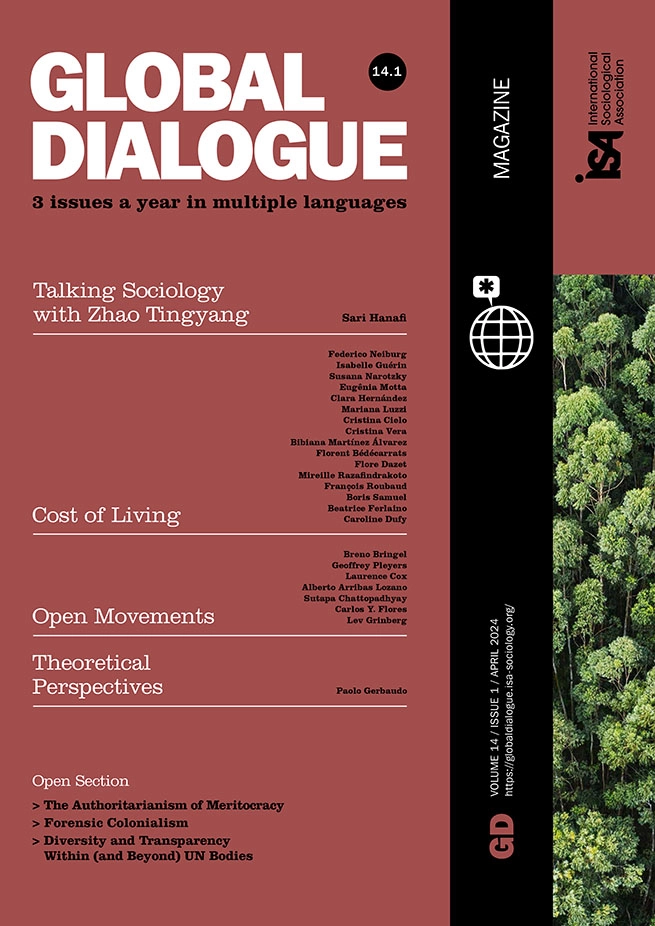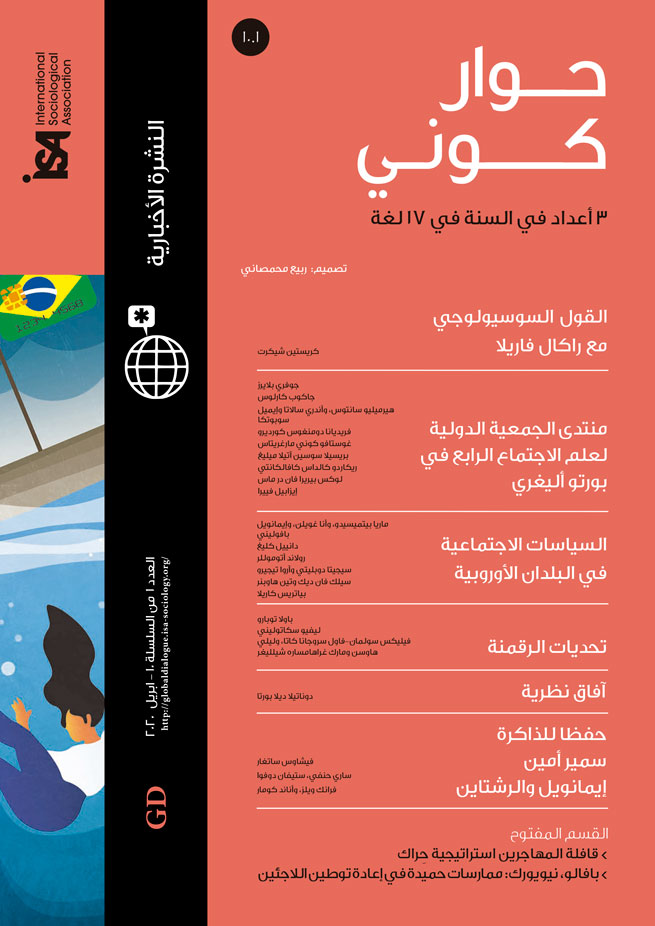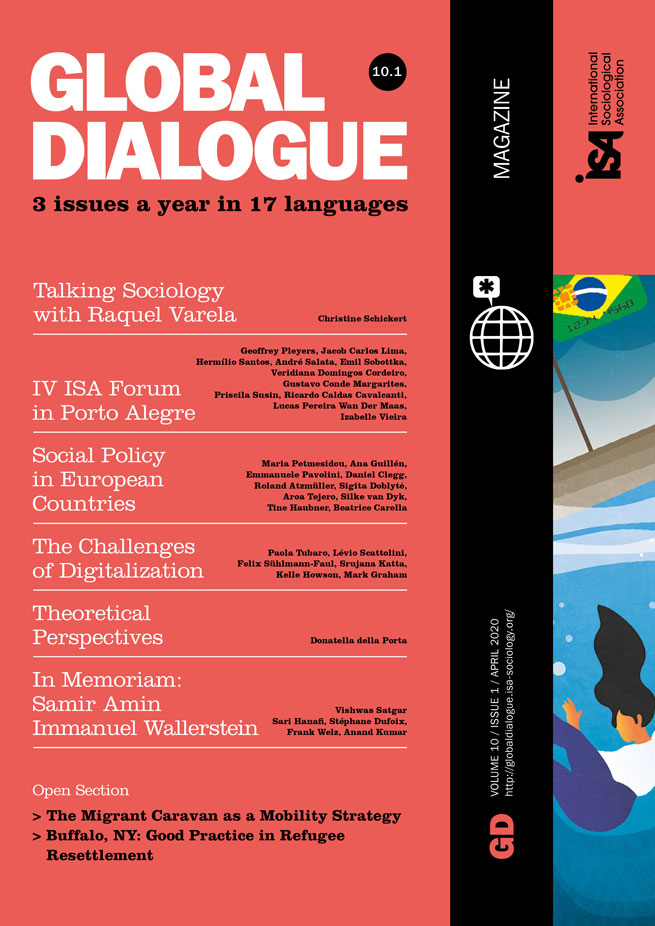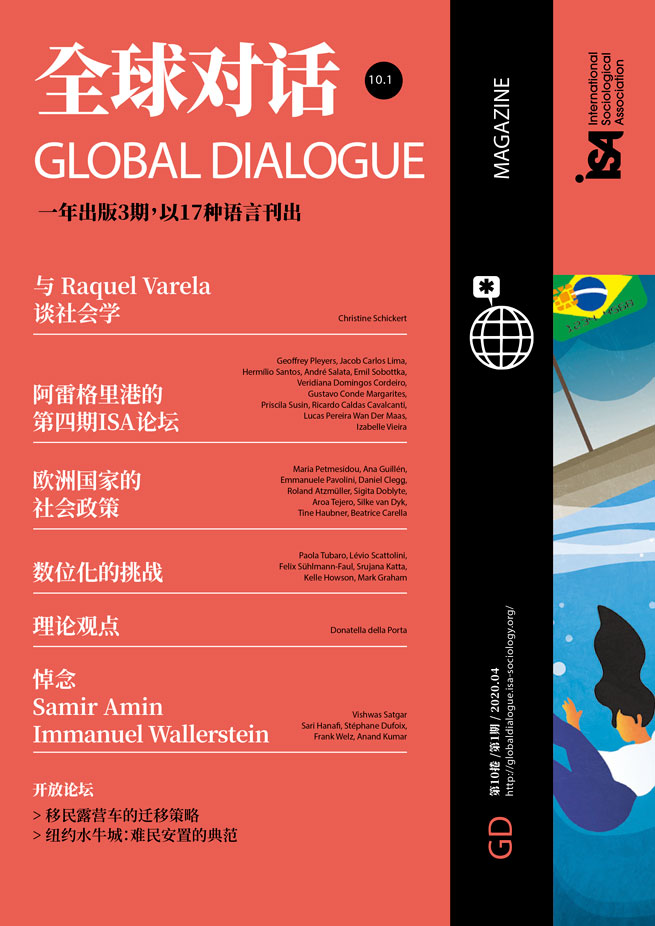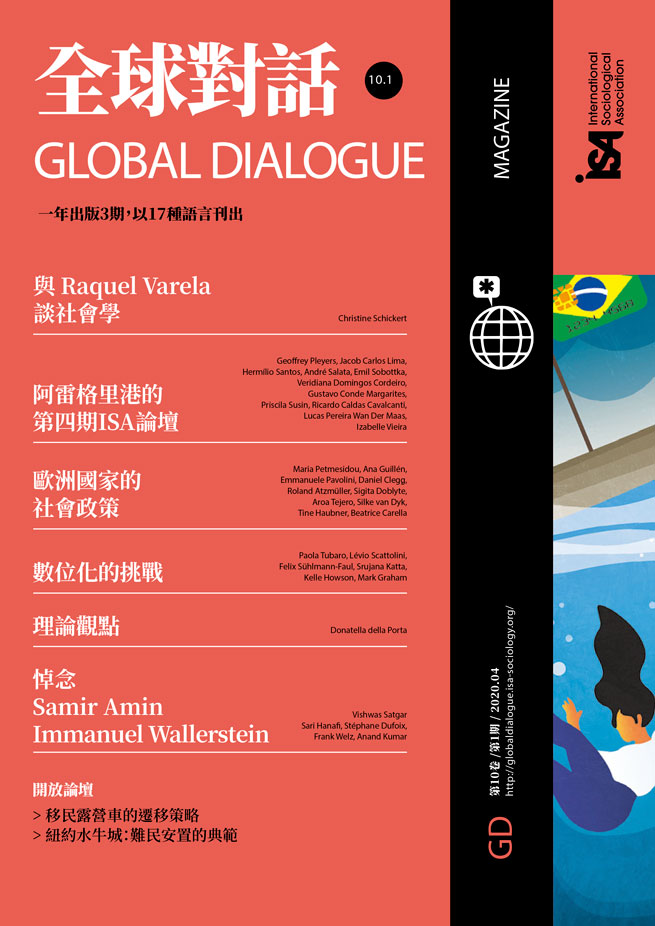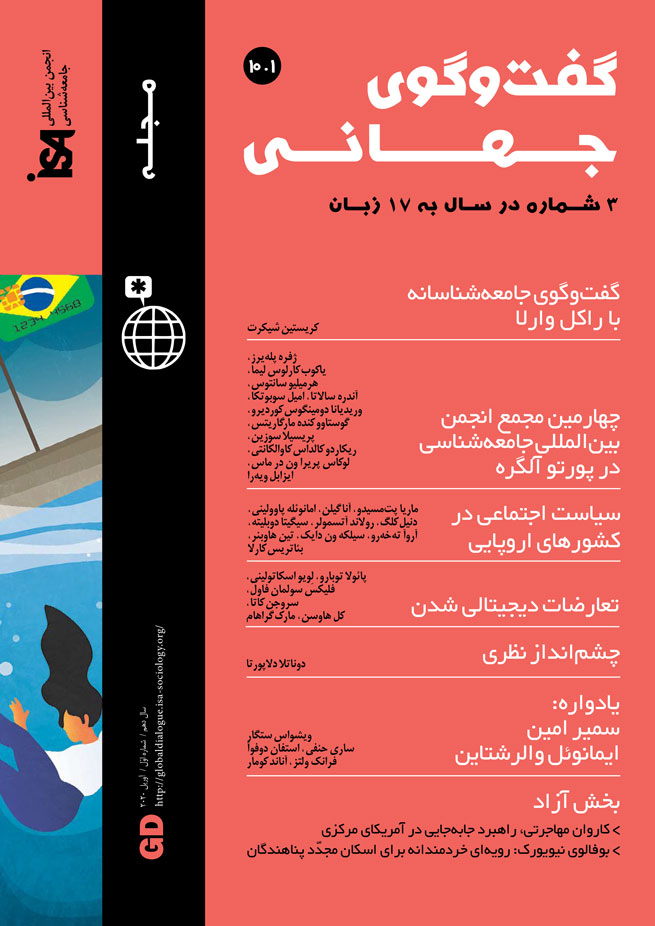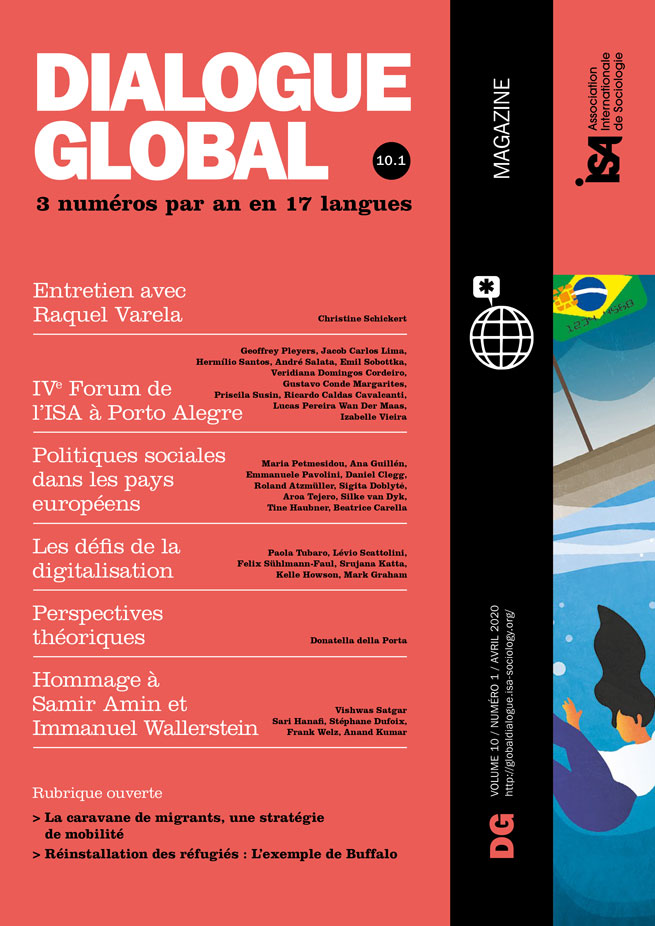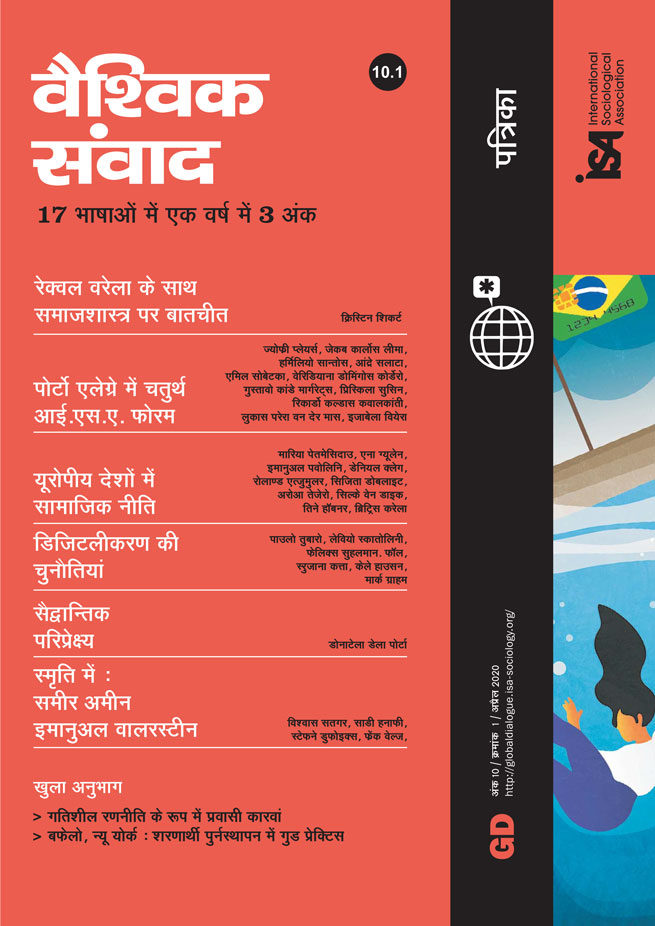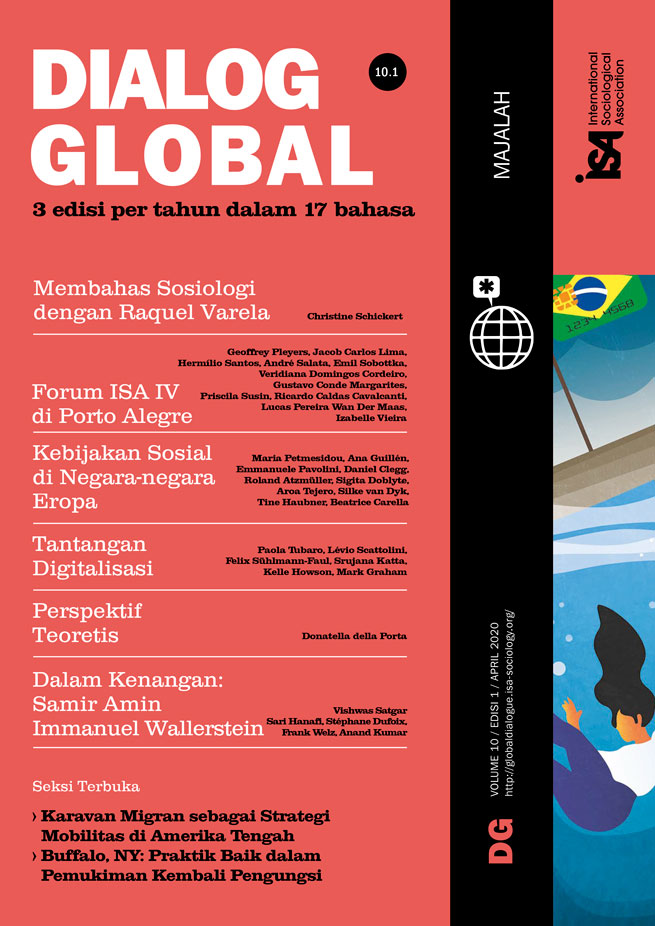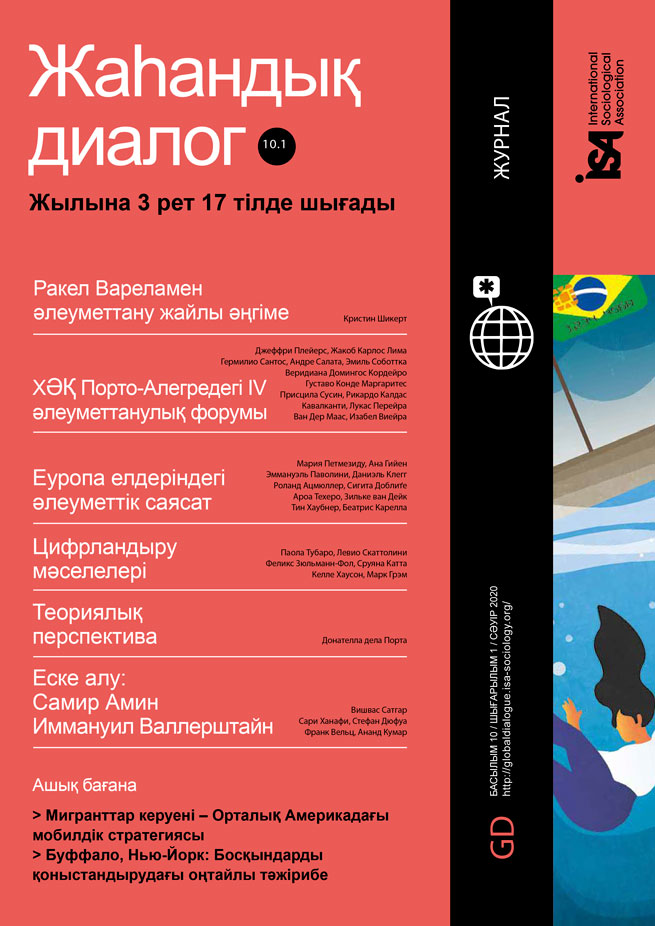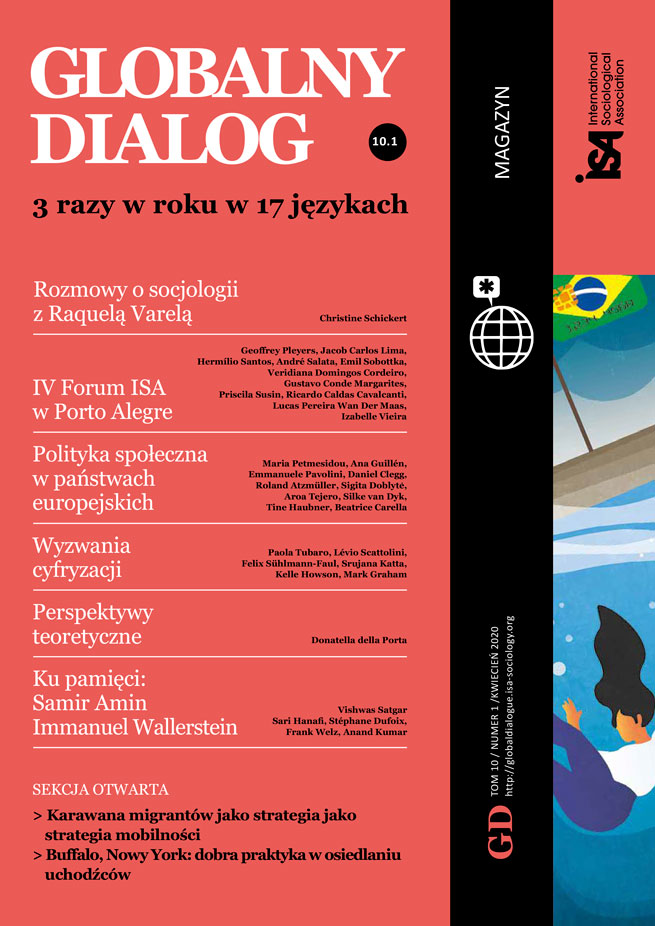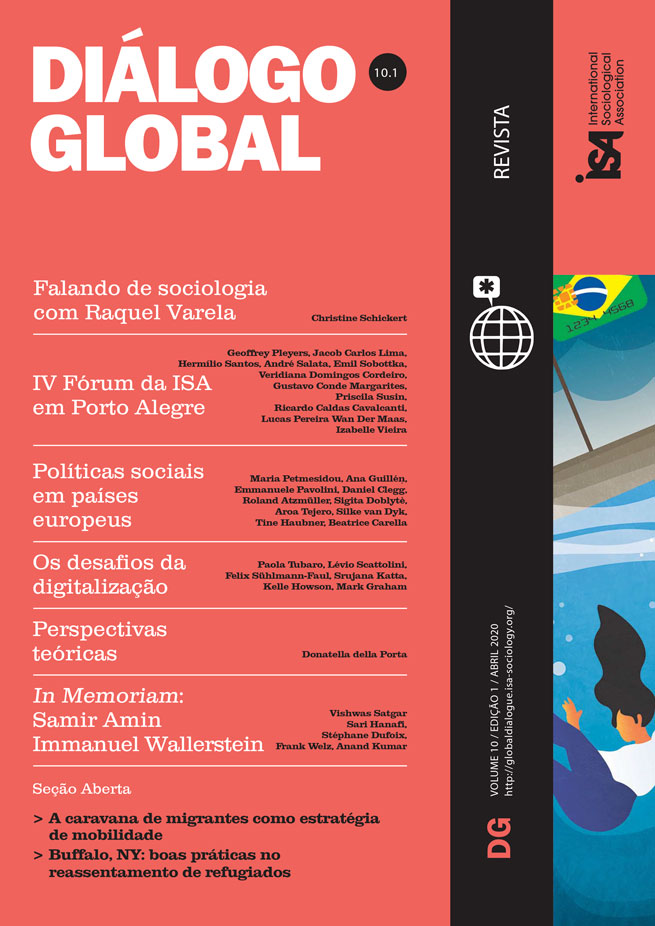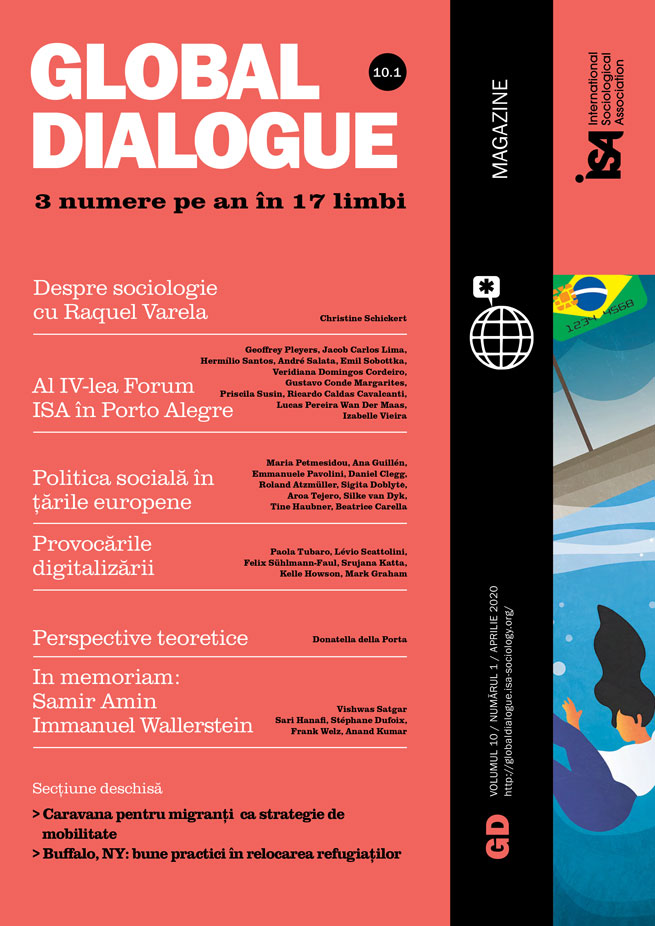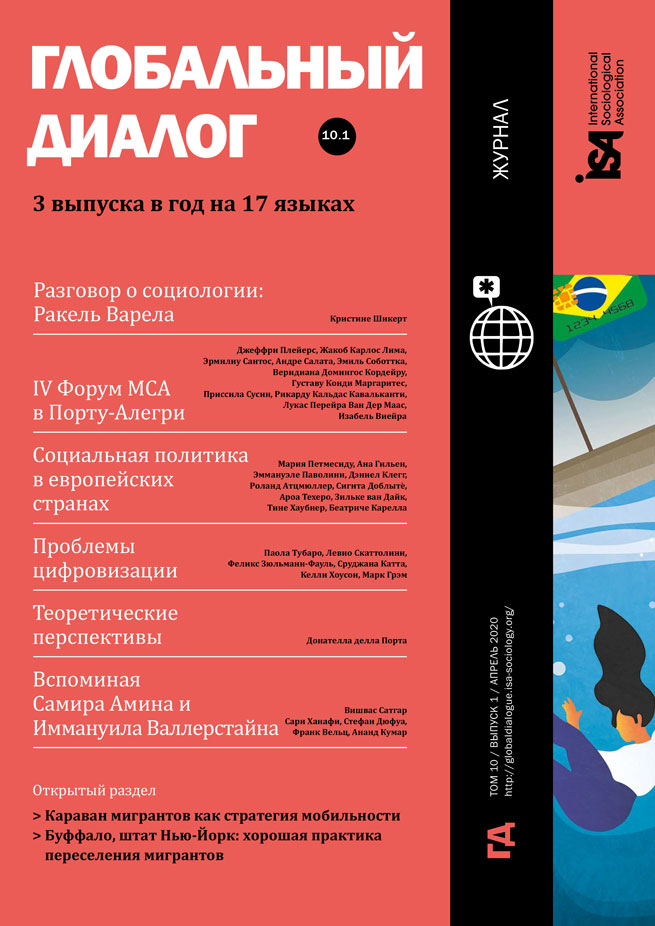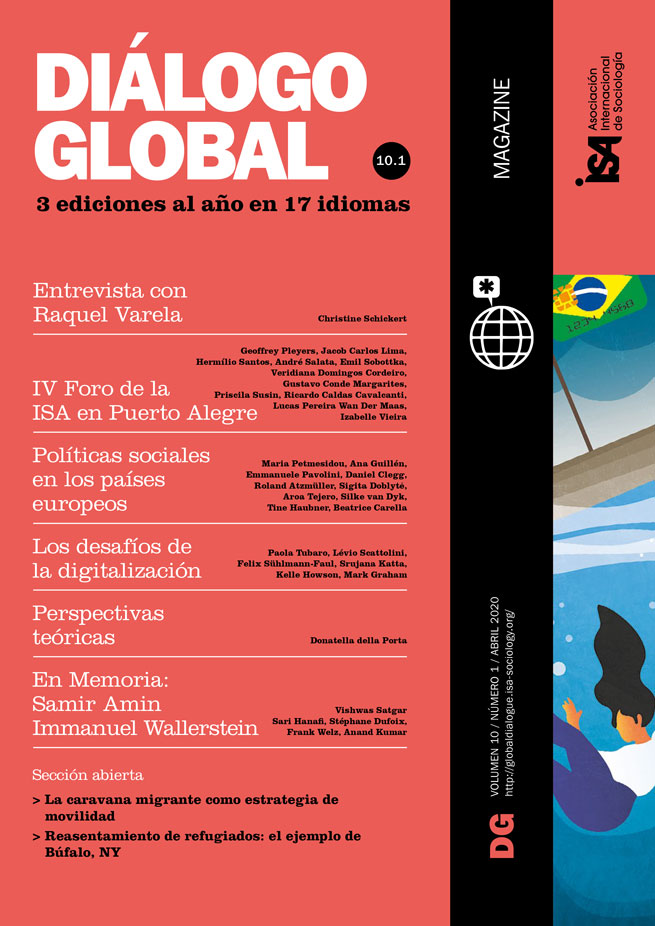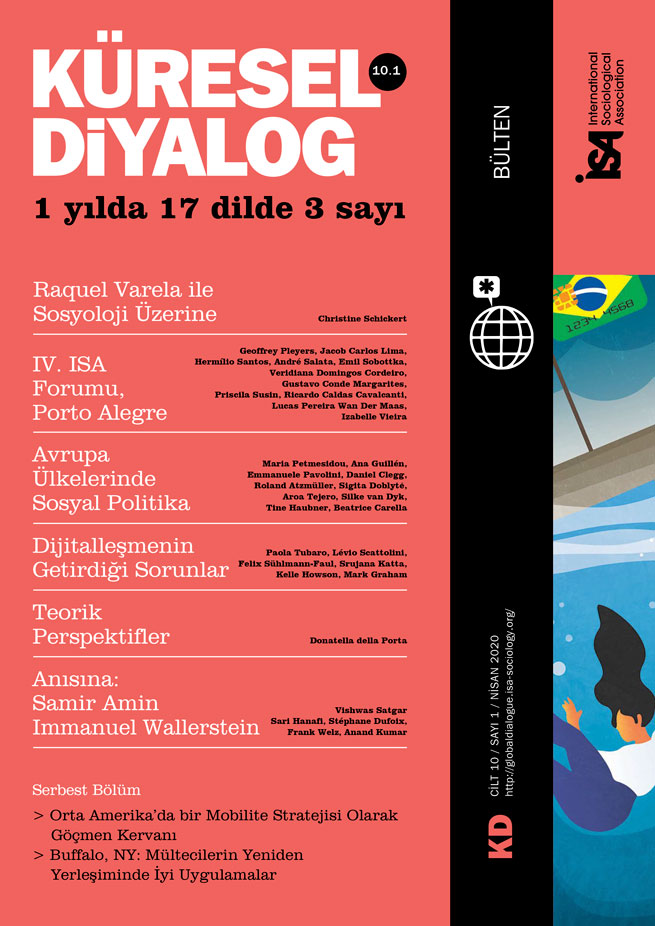Tribute to Africa’s Leading Marxist, Samir Amin

February 21, 2020
Samir Amin passed away on August 12, 2018. Africa’s intellectual history in the twentieth century will not be complete without acknowledging his contributions. His intellectual itinerary intersected with key moments in the making of modern Africa: (i) the rise of Arab nationalism; (ii) the left turn in postcolonial Africa including the rise of African socialism and scientific socialism; (iii) neocolonial control through dependency; (iv) the defeat of Pan-Africanism in the context of structural adjustment and the Cold War; and (v) the making of a globalized Africa. Amin lived through these moments, studied them, and intellectually engaged with them.
Amin wrote as an independent Marxist, building on a research agenda rooted in his PhD dissertation (1957) which focused on underdevelopment and its mechanisms. This was later published as Accumulation on a World Scale – A Critique of the Theory of Underdevelopment (1974). Amin was a transgressive intellectual, never limited to disciplinary boundaries. He made pioneering contributions to Marxist theory, world-systems analysis, development theory, conjunctural analyses of global geopolitics, strategic proposals, and consistently revisited the case for socialism. Sociology has benefitted from Amin’s contributions, which at the same time are claimed by economics, international relations, postcolonial theory, development studies, and various other disciplines. In the African context, Amin co-founded the Council for the Development of Social Science Research in Africa (CODESRIA), in 1973, and served as its founding Executive Secretary. This institution has made an imprint on at least three generations of social scientists and has made a crucial difference to the advancement of Africa’s social science community.
As a Marxist, Amin was never captive to orthodoxy. His approach to Marx was about learning from Marx; Marx was a starting point but the Marxist method required giving “Marxist answers to present challenges.” This required conceptual innovation on Marx’s theory of capitalism and historical materialism. In this regard, Amin did not approach capitalism with an abstract definition that privileged the capital-labor relation. For Amin such an approach ended in economism and a “stageist” view on the evolution of the peripheries, which means the “backward peripheries” must catch up with the advanced centers. Instead, he believed it was important to think about capitalism as a world system, as the primary unit of analysis, and at the highest level of abstraction. This required historical understandings of capitalism, concrete analysis of contemporary imperialism, and conjunctural analyses. This led Amin to innovate on Marx’s conception of value and to go further to locate it within global capitalism. He developed a conception of imperial rent, unequal development, and global polarization as inherent to the world capitalist system. Central to his theory of imperialism is his conception of the global phase of monopoly capitalism with its five monopolies of weapons of mass destruction, technology, financial flows, planetary resources, and communications. From this perspective “catching up” by the peripheries was a delusion.
At a time when universities, in both the Global North and South, are grappling with the challenge of decolonization, Samir Amin’s contribution of a non-Eurocentric Marxism is crucial and pioneering. He also provides a bridge and a basis for dialogue to those who are keen, in their decolonizing zeal, to disavow all Marxism as Eurocentric thought. Amin challenged the Eurocentric moment within Marx, the historiography of capitalism, and western modernity. This he did by innovating on the idea of the “tributary mode of production” and historicized this category into a historical sequence that demonstrated how Europe was the periphery of pre-capitalist civilization. Europe was a latecomer to civilization and due to its variegated transition from feudalism to capitalism, which disrupted the centralization of surplus, it was able to develop in the way it did. Europe did not develop due to white genius and exceptionalism. There were historical contingencies implicated in the remaking of the world system from the sixteenth century. Amin also challenged Eurocentricism and its imbrication with economism, by arguing for the centrality of the worker and peasant alliance in the peripheries of capitalism. Marxist class analysis and politics should not reduce political agency to the industrial proletariat. Moreover, Amin’s prescient and early prognosis of the Empire of Chaos (1992), in which the US-led bloc of Europe and Japan would stop at nothing to reproduce and expand its capitalist markets, further underlines the imperative of decolonization.
Samir Amin’s strategic conception of delinking, which was not about autarky, also provided a basis for national-popular projects in countries and regions, to ensure the sovereign project was shaped by decolonizing imperatives. Thus, for Amin the central issue was control of the relationship between countries in the periphery and global capitalism. Amin did not support adjustment on the terms of global monopolies and the centers. So in his view, liberalizing exchange controls, private banking, and globalized agriculture, for instance, were all against national development.
In its essence, delinking is about a national-popular project shaped by three tendencies: statist, capitalist, and socialist. Amin envisaged these tendencies underpinned by a class alliance (and in the case of the periphery a worker and peasant alliance) that led this project. Each of these tendencies would collide, contradict, and contest each other to shape the direction of the national-popular project. From his evolving perspective on delinking, he clearly staked out several necessary conditions for delinking.
First, a national project that privileges the needs of the people is crucial. This should not be compromised by the relationship with global capitalism. A crucial example in this regard is food sovereignty. Amin politically and intellectually supported an agrarian perspective in which peasants, small scale farmers, and consumers controlled the food system. Since 1996, La Via Campesina, the largest peasant movement on the planet with over 200 million members, has been at the forefront of advancing food sovereignty as a response to the dispossession associated with the global monopoly controlled food regime. Amin embraced food sovereignty as crucial to a delinking strategic approach. Such a position is also crucial for how we think about decarbonization in a heating world.
Second, delinking had to have a regional or sub-regional dimension. For Amin, while the country was a central locus for delinking, this had to be in a context in which large economic and political blocs built relations, for instance in Southern Africa or West Africa, but even at an Africa-wide scale. This harmonizing of regionalization was also about building the necessary power internally to control relations with global capitalism. This meant delinking was also about a different kind of globalization that was driven from below rather than by ruling classes, global monopolies, and the US-led triad.
Third, delinking was also about realizing a decentering of power in the world system. A concept conjoined to delinking and central to its realization is the idea of a polycentric world. Such a notion envisions power being redistributed through internationalism. In Amin’s time, between 1955 and 1975, the Non-Aligned Movement was crucial to realize such a polycentric world. However, after its defeat and the rollback of Third World solidarity, Amin in the last years of his life began making the case for a Fifth International of Peoples and Workers. Amin began critiquing the limits of the World Social Forum and was seeking a new basis for international solidarity, grounded in a critical appreciation of historical internationalism. His proposal is being seriously engaged with in various quarters, given the rising right-wing threat in the world and worsening systemic crises of global capitalism, including the climate crisis.
Those of us in the African context who knew Samir Amin and thought about the world in dialogue with his thinking are challenged in very profound ways by his loss. Issa Shivji, a leading African social scientist, captures this reality as follows: “A Baobab has fallen.”
Vishwas Satgar, University of Witwatersrand, South Africa and member of ISA Research Committees on Economy and Society (RC02) and Labour Movements (RC44) <Vishwas.Satgar@wits.ac.za>
